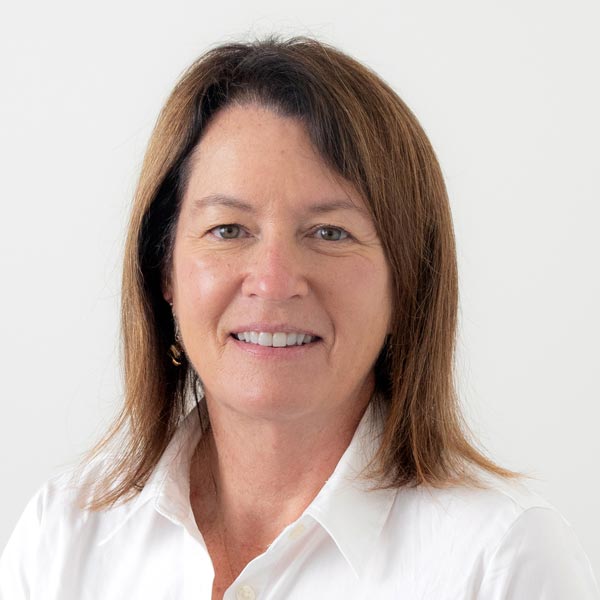Preparing Alaska School Leaders to Support Science of Reading Implementation

In spring and summer 2022, the Alaska Department of Education and Early Development (DEED) partnered with Education Northwest to deliver the Alaska Science of Reading Leadership Academy. The mission of the academy was to develop principals and other school leaders who understand science of reading principles and can support teachers’ implementation of evidence-based instructional strategies within their unique school settings. The academy also specifically addressed the culturally responsive implementation of science of reading in Alaska Native communities.
The academy consisted of eight one-hour webinar sessions and two one-hour community of learning sessions. Education Northwest delivered the training sessions to two separate cohorts. A total of 49 school leaders attended the sessions, representing a broad range of Alaska school districts, from large districts such as Anchorage and Juneau to a rural, remote district such as Tanana, which has one school with 30 students.
Building Capacity and Promoting Collaboration
The sessions began with an in-depth introduction to the science of reading, including an overview of the vast body of research that supports the approach. Other sessions focused on building school leaders’ capacity in practical areas, such as how to provide effective feedback to classroom educators, how to lead data discussions, and how to create a shared commitment to science of reading instructional practices across the entire school. Meanwhile, the two community of learning sessions per cohort allowed participants to share their experiences with their peers, process what they were learning in the webinars, and discuss practical issues related to implementation.
Education Northwest surveyed the participants before, during, and after the sessions to gather feedback and help DEED plan for ongoing implementation of the program. Across the two cohorts, 80 to 90 percent of participants who responded to the survey said the academy significantly contributed to their learning about the science of reading. They reported growth in skills such as selecting and using leadership strategies and literacy practices, providing coaching and feedback to teachers, and engaging parents and community members in partnerships to support implementation of the science of reading in grades K–3.
Respondents saw the community of learning sessions as particularly helpful, with 80 and 86 percent of respondents reporting they had contributed to their learning “to a great extent.” One Cohort 2 participant found “the idea of educators from all over the state getting on the same page, using the same language,” to be both helpful and exciting.
Building Statewide Support, One School Leader at a Time
Education Northwest recorded the cohort training sessions and then converted them into a series of self-directed online learning modules that DEED has made available to all Alaska school leaders. The academy, which was voluntary, helped lay the foundation for statewide implementation of the science of reading. Rather than mandate that approach, DEED is seeking to build support at the local level by increasing school leaders’ understanding of its core principles and building their capacity to support implementation in their unique settings. In keeping with that approach, Education Northwest is continuing to support this effort at the local level. Ultimately, these collective efforts have the potential to transform early literacy instruction in Alaska and significantly improve literacy outcomes for students.
It was a great introduction for leading the push for the science of reading in my school building. It gave me vital background information.
—Cohort 1 participant

